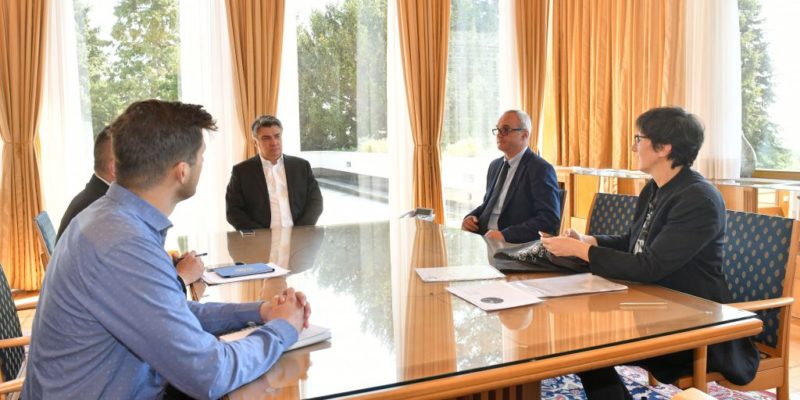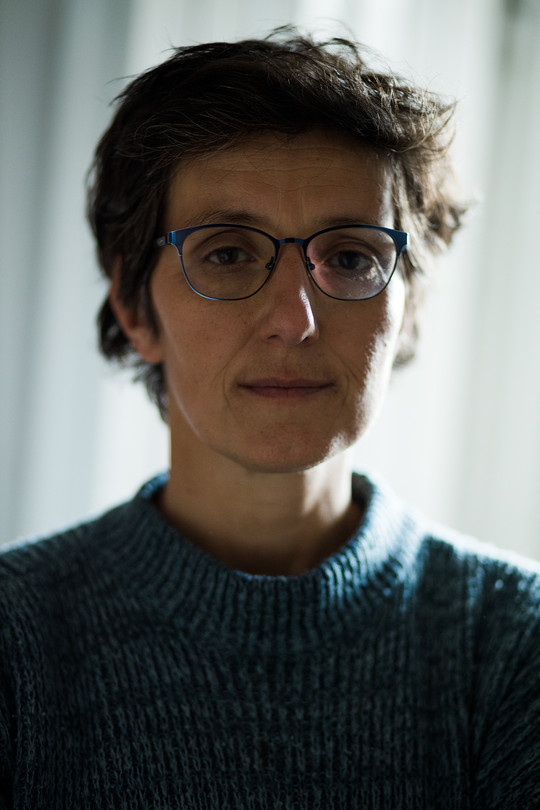World Press Freedom Day 2020: Quality information can save lives

Threats to press freedom are impeding the public’s right to know. Media restrictions, the closure of local newspapers, controlled public service media, precarity and insecurity, intimidation and violence against media workers are among the many ways press freedom is being curtailed just at the very time when the COVID-19 pandemic is threatening lives and the entire global economy.
At this time journalists and quality journalism are essential.
This year the International Federation of Journalists (IFJ) will mark World Press Freedom Day, celebrated annually on May 3, by ringing alarm bells against the threats to press freedom and by reaffirming the vital importance of providing citizens with truthful, verified, unbiased information. Facing a global pandemic, the public’s right to know is more important than ever to protect their and others lives and to best respond to an impending economic crisis.
The European Federation of Journalists (EFJ) joins the IFJ in calling on governments to provide journalists with all the security and independence they need for doing their jobs, stop interfering with the press and provide acrued transparency in their decisions.
To mark World Press Freedom Day, the IFJ is sharing testimonials from strong voices for journalism around the world who are fighting for a free press. Among these voices: Croatian journalist Maja Sever.

Maja Sever is a journalist and editor at Croatian Radio-Television. She is also the president of the Croatian Trade Union of Journalists (TUCJ), an active member of the Croatian Association of Journalists (CJA) and the Vice-Chair of the EFJ Labour Rights Expert Group (Lareg).
She started her career as a presenter on childrens’ and entertainment shows and worked as a war reporter during the Balkan conflict. Today she is known for her editorial role of Hrvatska Uživo, an afternoon news magazine on Croatian television. She is a fierce defender of public service broadcasting
1) What is your biggest concern for press freedom in your country?
“Croatia is a relatively young democracy and many of the things that already exist in states which have been members of the EU for longer still have to be fought for in my country. There are many problems in protecting workers’ rights. In some newsrooms, employers do not support unions and only two media outlets (public service broadcasters) have endorsed collective agreements. It has an impact on journalists’ security and thus on freedom of expression. The impact of politics on the media is big and this is reflected in this pandemic crisis. The big media outlets depend on the assistance of the government, which has actually been absent and has provided no support to the media. Freelancers are actually abandoned and have to cope with mere survival. Croatia has no media strategy nor good media legislation. Public service broadcasting depends on the political will of the ruling party because its director-general is appointed in parliament. It makes it hard to speak about free and independent media”.
2) What are your daily challenges as a journalist?
“As a journalist on public television, I try to prove how important it is for public service media to be independent from political influence. Powerful and free public service media is one of the pillars of every society and is especially important in young democracies such as Croatia. In the course of that struggle I have lost the daily TV show I used to work on, together with other journalists who fight for a free and independent public broadcaster. Our news magazine was cancelled and replaced by entertainment. We were assigned other jobs. The scope of my work is now reduced, but I continue my fight for an independent public service as a journalist and as the trade union president”.
3) What are the most important stories to cover right now?
“Currently, we are mainly covering news on the Covid-19 pandemic and the consequences it brings. We face many changes in the journalism sector, mostly bad ones, from cutting rights of media workers to serious violations of freedom of speech when questioning the actions of those responsible for managing the crisis. As a union we did not support the government’s decision to invite only selected media publishers to a meeting with the prime minister and ministers to discuss ways of reporting on the crisis. We believe that there is no need for such arrangements and that all journalists are able to report professionally and responsibly without government recommendations”.











